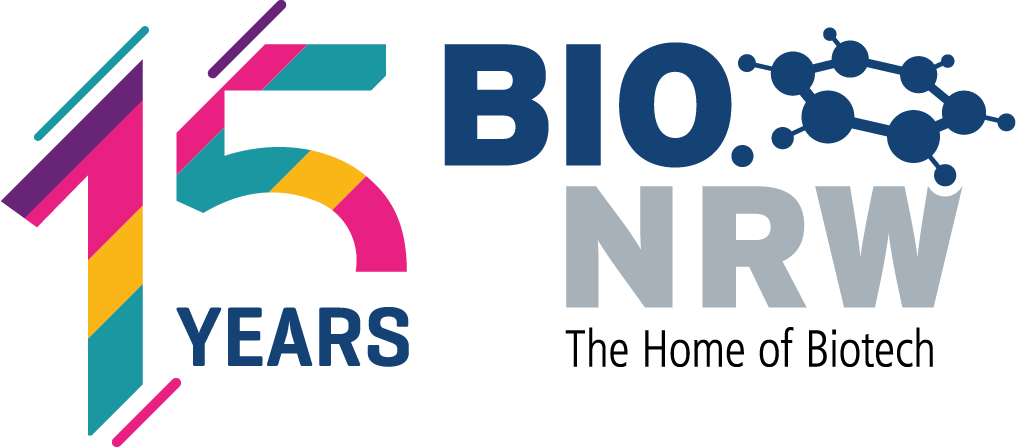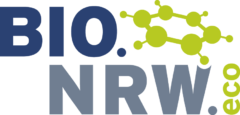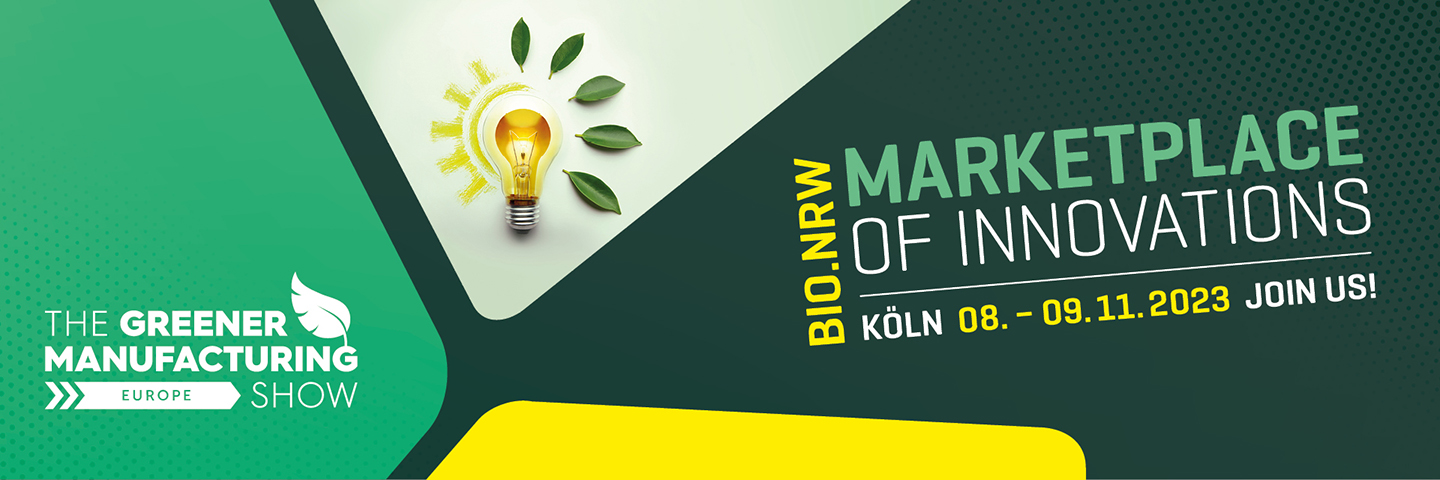
BIO.NRW Establishes the Marketplace of Innovations
The industrial sector is facing enormous challenges as it has to reduce fossil fuels and establish circular processes, all the while remaining profitable. The Greener Manufacturing Show (GMS) sustainability event promises to address this issue and offers more than 250 enterprises from various branches of industry the opportunity to present their innovative solutions for resource-conserving manufacturing processes as well as sustainable products and services. On 8 and 9 November, more than 4,000 decision makers and enterprise representatives will come to the GMS in Cologne to discuss the topic of sustainability in industry.
BIO.NRW is the official event partner and its large theme world “Marketplace of Innovations” will provide visitors with the opportunity for networking and the exchanging of ideas. You can look forward to a variety of exhibiting enterprises, a diverse workshop programme, and the unique BioökonomieMOBIL tiny house, all of which will demonstrate what North Rhine-Westphalia (NRW) has to offer in the fields of bioeconomy and biotechnology. Visit us in Cologne and meet our experts on the Marketplace of Innovations.
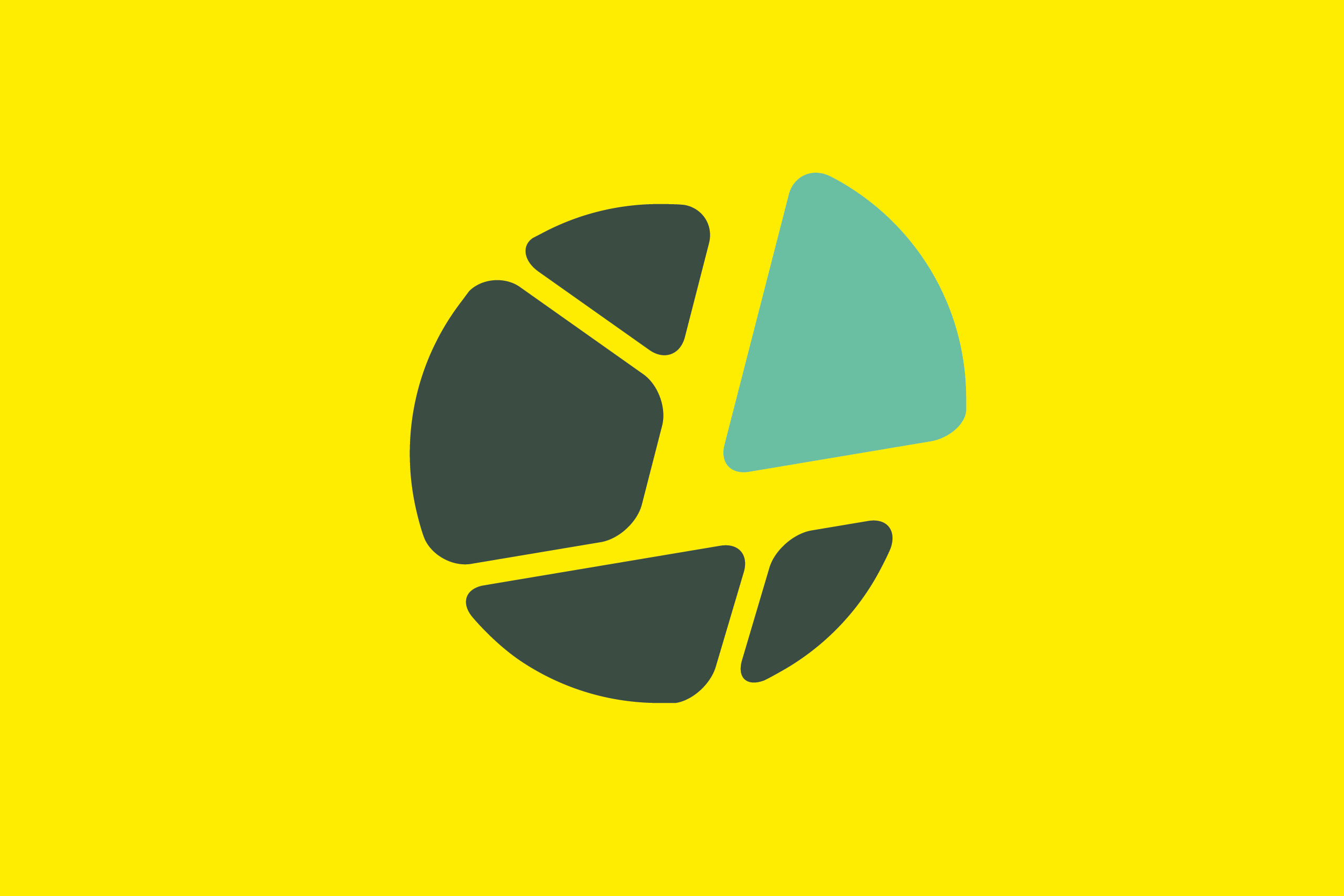
Meet our sub exhibitors that are part of the theme world
The BIO.NRW joint stand forms the centre of the exhibition area and is sustainably designed, offering space for the presentation of the innovative solutions of our sub exhibitors for a sustainable and climate friendly industry. We have a broad spectrum of institutions and enterprise representatives at our stand.
Aachen Proteineers

Aachen Proteineers is a Start-Up company focusing on bio-based coating solutions. We have developed a platform technology, based on material binding or adhesion promoting peptides, to functionalize a wide range of surfaces (e.g., synthetic polymers, metals, ceramics, natural surfaces) with a broad portfolio of functional moieties (e.g., proteins, enzymes, polymers).
BioCampus Cologne

BioCampus Cologne and the Rechtsrheinische Technologie- und Gründerzentrum Köln represent two well established hightechhubs for innovative technology companies. More than 70 technology companies are supported, mentored and expanded by the cooperation. Its synergies are exploited in the fields of life sciences, chemistry, ICT and biotechnology/bioeconomy.
Bio4MatPro

The Competence Center Bio4MatPro is a flagship project in the research network “Modellregion Bioökonomie im Rheinischen Revier”. It unites 50 partners from industry and science in 23 R&D projects to investigate and advance the biological transformation of industries, such as the textile, chemical, medical technology, and consumer goods industries, as well as in the field of lightweight construction, through a biological transformation of material sciences and production technology.
BioIndustry e.V.

BioIndustry e.V. is a regional life science cluster committed to the promotion of biotechnology in science, research and application. The cluster’s regional focus is the Ruhr Metropolis and eastern Westphalia. BioIndustry synergizes the activities of local technology centers, companies and academic research groups to strengthen the field of Biotechnology and Bioeconomy and to generate product and process innovations through interdisciplinary transfer work. The work of BioIndustry aims to improve the communication between science and industry and to adapt scientific research to economic needs in an early stage. In a long-term goal new product- and process innovations will be generated within the Ruhr area.
BioökonomieREVIER c/o Forschungszentrum Jülich
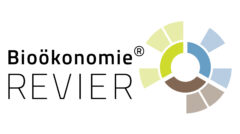 |
 |
The goal of BioökonomieREVIER is to actively shape the green transition of the Rhenish lignite mining area towards a circular, sustainable bioeconomy model region. Along with partners, the coordination office develops and demonstrates circular value chains and climate-neutral, resource-efficient, and bio-based business models through targeted transformation management. Further measures are implemented in the fields of qualification, regional development, and knowledge transfer to society.
Part of the initiative is the BioökonomieREVIER Innovation Cluster comprised of 14 reasearch approaches with high potential for a commercial implementation. Driven by different research and industry partners, these projects are part of the Bioeconomy research alliance for a model region in the Rhenish region.
Fibrothelium

Fibrothelium is a technology start-up business, located in Aachen, Germany. We specialize in the isolation and further processing of proteins extracted from natural sources into an ample variety of products that find application in biomedical, food, cosmetic and textile industry. Our objective is to push biomaterial boundaries by strictly omit toxic solvents while maintaining low process costs and to remain thoroughly environmentally friendly.
KOALA network and QuinCAT Incubator for Green Chemistry
The QuinCAT incubator and the KOALA network are two synergistic projects. The QuinCAT incubator is a project which aims to enable Green Chemistry startup teams to pursue the transfer of their sustainable chemical processes from research to the market. Within the project free access is provided to modern laboratory and office space, technical mentoring, and chemical equipment in Aachen. The vibrant startup network KOALA connects the startup teams with co-founders, investors, and experts in the industry to further support successful business start-up. They offer free mentorship, training, and events for co-founder matching and networking for startups.
LIMS at work GmbH
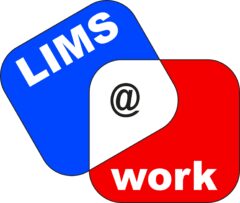
LIMS at work GmbH advises and relieves companies throughout the entire process of introducing and operating their IT-supported quality assurance in the laboratory: from drawing up the specifications, through implementation and ongoing support, to validation in line with industry standards and guidelines.
U. Windmöller Innovation

U. Windmöller Innovation, a young company driving the refinement of vegetable oils through innovative research. Founded in 2018 by Ulrich Windmöller, the startup forges customized oil-based polyols and other products in a state-of-the-art laboratory that have the potential to replace conventional petroleum-derived polyols in applications such as polyurethanes.
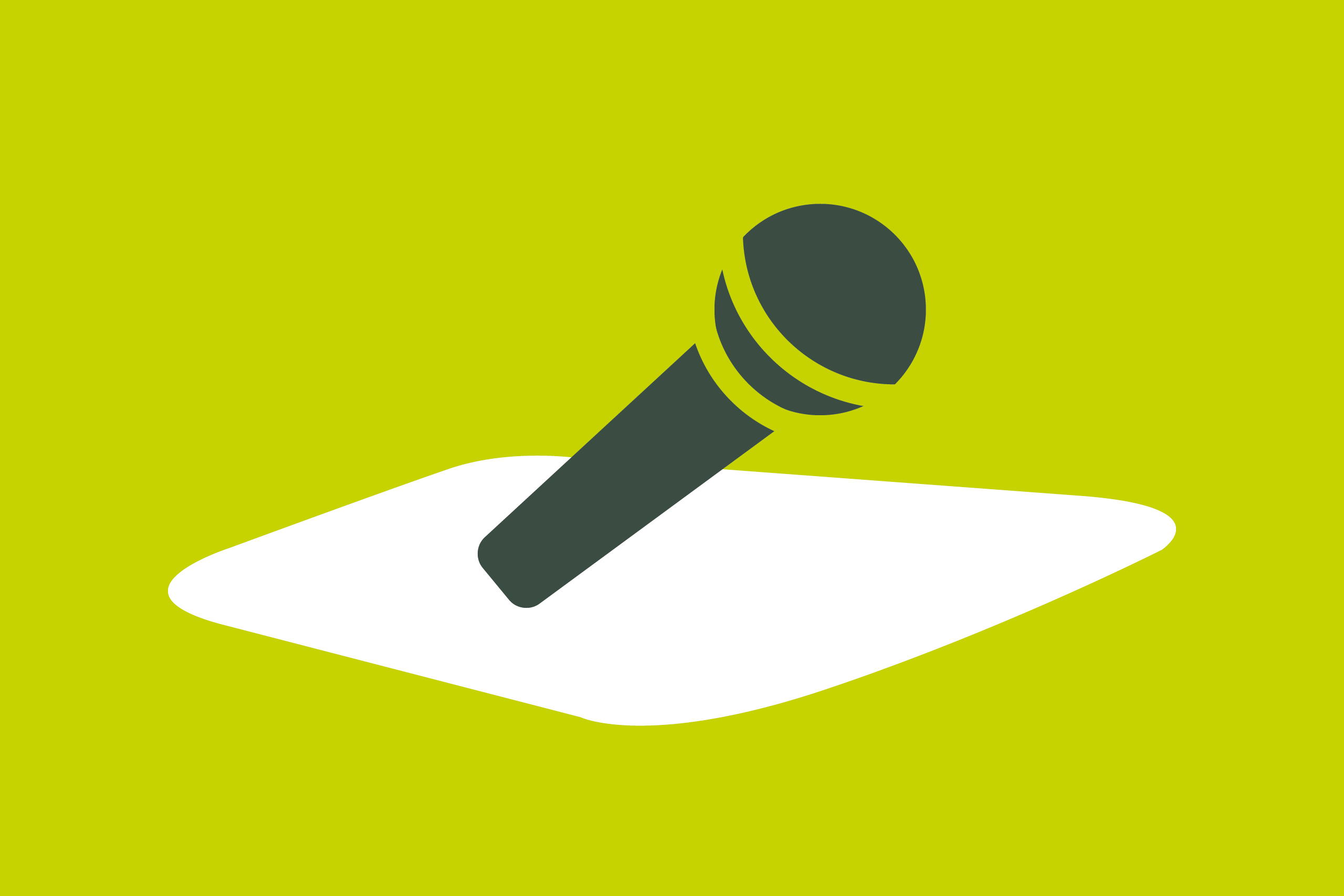
Meet our speaker focussing on innovations
On the BIO.NRW stage, there will be an exciting workshop programme on a variety of topics related to bioeconomy and biotechnology. Visit us and join the discussion.
Our programme can be found here.
Nadine Belkouteb & Georg Strömer - Lims at work
Lab informatics – cloud based software and sustainability
Speaker: Nadine Belkouteb & Georg Strömer
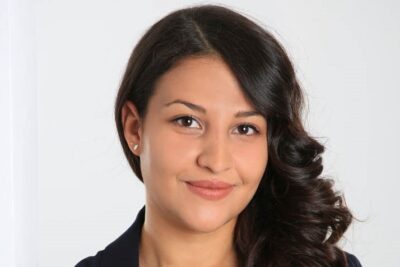 |
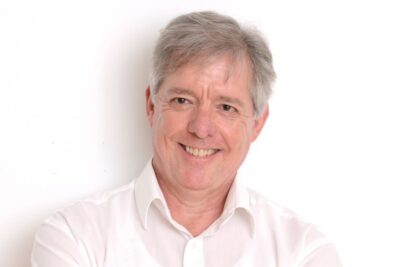 |
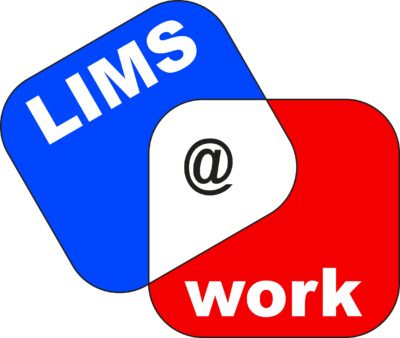 |
Nadine Belkouteb, M.Sc. Food Chemistry, works as a project developer at LIMS at work GmbH. Georg Strömer is CEO of LIMS at work GmbH.
LIMS at work GmbH advises and relieves companies throughout the entire process of introducing and operating their IT-supported quality assurance in the laboratory: from drawing up the specifications, through implementation and ongoing support, to validation in line with industry standards and guidelines.
Michael Brandkamp - European Circular Bioeconomy Fund (ECBF)
The Biorevolution! Challenges and Opportunities of the Transformation to a Prosperous Bioeconomy
Speaker: Micheal Brandkamp
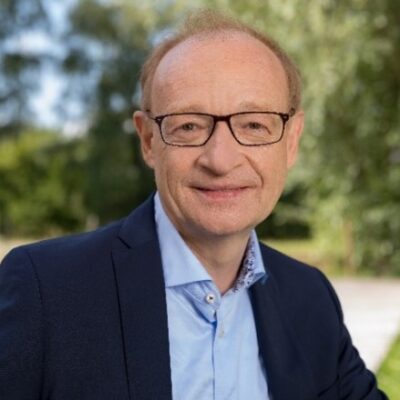 |
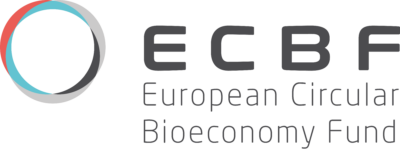 |
Michael Brandkamp is one of the three founders and General Partners of the European Circular Bioeconomy Fund (ECBF). Michael and his team’s goal is to speed up the transformation from a fossil-based to a bio-based circular economy in Europe. The German entrepreneur wrote and executed the business plan of High-Tech Gründerfonds (HTGF), the most active early-stage fund in Europe, investing in innovative technologies and business models since 2005. As the first managing director, he led HTGF until 2019. Michael has 25 years of experience in investment and management in the venture capital industry.
The European Circular Bioeconomy Fund (ECBF) is the first venture fund exclusively dedicated to backing up businesses, driving the shift from a fossil-based to a bio-based economy. ECBF aims to catalyse the transition towards a sustainable future by investing in biobased and circular growth-stage companies with high potential for innovation, favourable returns, and sustainable impact. As a growth-stage venture capital fund, the ECBF offers project funding and venture capital investments. ECBF shares its industry expertise to raise awareness among private and public investors to increase their financial participation in bioeconomy companies.
Dr. Michael Gundlach - PtJ
PtJ – a pioneer and driving force for a sustainable circular economy
Speaker: Dr. Michael Gundlach
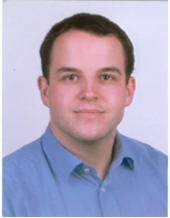 |
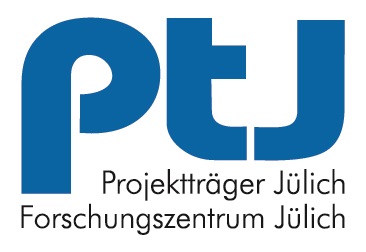 |
The Projektträger Jülich (PtJ) is a pioneer and trendsetter for a sustainable circular economy in a world of constant change. PtJ covers with more than 1500 employees a wide range of topics, which are organized in three business areas: Energy & Climate, Sustainable Development & Innovation and Research & Society.
The docent Michael Gundlach has a PhD in ecotoxicology and plays a key role in advising potential application in Circular Economy topics. He works at the National Contact Point for Digital and Industrial Technologies and is nominated as the future chair of the Kompetenzfeld for Circular Economy (KO-ZIWIT). For more than ten years, the expertise in the area of Circular Economy has been combined in the interdisciplinary team of the KO-ZIWIT. This expert community aims to advance the further development of funding instruments, accelerate the innovation process and enable successful knowledge transfer in the field of circular economy. In both functions, he and his colleagues at PtJ provide information on activities at regional, national and European levels relating to resource efficiency, bioeconomy, materials research, energy transition, and many other topics of the circular economy along the entire value chain.
Benedetta Isella & Phillip Czichowski - Fibrothelium
Pushing biomaterial boundaries – the versatility of natural proteins as the key to a sustainable future
Speaker: Benedetta Isella & Phillip Czichowski
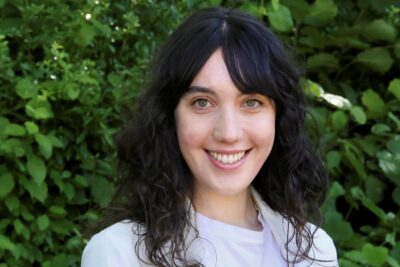 |
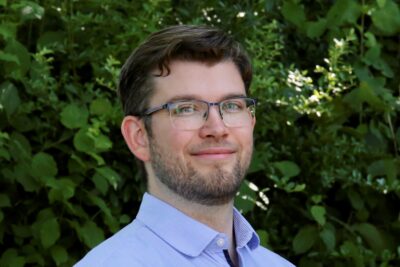 |
 |
Benedetta Isella is a PhD student in the Marie Curie ITN project BioBased ValueCircle and works in her PhD project in collaboration with Fibrothelium GmbH and NUI Galway. Her research focuses on the properties and applications of fibroin coatings in different industrial areas.
Phillip Czichowski is part of the Fibrothelium GmbH as the laboratory manager where he is responsible for the extraction of the silk proteins and their formulation into the raw solution, which is used for all further processes.
Fibrothelium is a technology start-up business, located in Aachen, Germany. Fibrothelium specializes in the isolation and further processing of proteins extracted from natural sources into an ample variety of products that find application in biomedical, food, cosmetic and textile industry. Their objective is to push biomaterial boundaries by strictly omit toxic solvents while maintaining low process costs and to remain thoroughly environmentally friendly.
Lukas Josten - British Columbia
British Columbia – Canada’s powerhouse in bioeconomy
Speaker: Lukas Josten
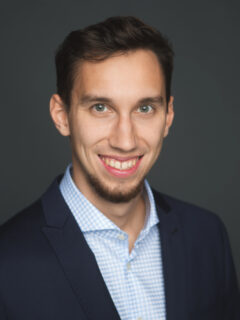 |
 |
Lukas Josten is an economic development specialist with profound experience in investment promotion and trade advisory across Asia, the Middle East, North America and Europe. He is working as a trade and investment representative of British Columbia Ministry of Jobs, Economic Development & Innovation British Columbia, CleanTech und Smart Manufacturing. He represents the Canadian province of British Columbia in Europe and supports European companies in their expansion plans to Canada and BC.
British Columbia (BC) is a powerhouse of green innovations, with abundant clean energy, ambitious sustainability goals and a rapidly emerging biotech and cleantech ecosystem. Traditionally relying on natural resources, climate change as well as structural changes in the wood, pulp & paper industry have put the bioeconomy at the forefront of BC’s strategy to build a sustainable and resilient future economy. B.C.’s expansive forests are central to this – by using the residuals from conventional forestry, our forest bioeconomy supports the sector’s shift from high volume to high value and contributes to a waste-free, circular economy while helping in the fight against climate change.
Julian Karl - Aachen Proteineers GmbH
Coate Green – Biological Coatings for your sustainable products
Speaker: Julian Karl
 |
Julian Karl is the CEO of the Start-Up company Aachen Proteineers GmbH. Aachen Proteineers is focusing on bio-based coating solutions. The start-up has developed a platform technology, based on material binding or adhesion promoting peptides, to functionalize a wide range of surfaces (e.g., synthetic polymers, metals, ceramics, natural surfaces) with a broad portfolio of functional moieties (e.g., proteins, enzymes, polymers).
Dr. Jihène Jerbi - Modellfabrik Papier
Modellfabrik Papier: Leading the way for a sustainable paper production
Speaker: Dr. Jihène Jerbi
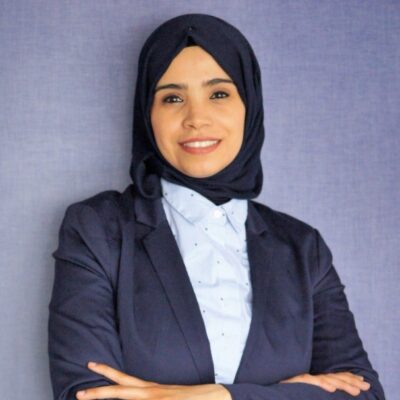 |
Dr. Jihène Jerbi made her PhD in computational chemistry at the Saarland university. She worked as postdoctoral followship at the university of Tübingen and from 2023 on she joined MFP as associate for the scientific network.
The Modellfabrik Papier is a non-profit research-based company founded in December 2020 and develops novel process technologies for paper making to achieve long-term climate-neutral paper production. The Modellfabrik Papier has set itself the goal of researching sustainable and CO2 emission-free paper production with 80 % specific energy savings by 2045 not only by looking into the papermaking process via the thermodynamic of the machines but also, by studying the raw material used and the chemical environment. The Modellfabrik Papier company is a place where research and industry are brought together with more than 20 industrial partners and German wide universities cooperation.
Dr. Christian Klar - BioökonomieREVIER
Circular bioeconomy – from concept to opportunity for companies and regions
Speaker: Dr. Christian Klar
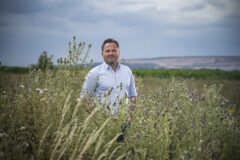 |
 |
Dr. Christian Klar is Head of the coordination office BioökonomieREVIER, located at Forschungszentrum Jülich.
The goal of BioökonomieREVIER is to actively shape the green transition of the Rhenish lignite mining area towards a circular, sustainable bioeconomy model region. Along with partners, the coordination office develops and demonstrates circular value chains and climate-neutral, resource-efficient, and bio-based business models through targeted transformation management. Further measures are implemented in the fields of qualification, regional development, and knowledge transfer to society.
Part of the initiative is the BioökonomieREVIER Innovation Cluster comprised of 14 reasearch approaches with high potential for a commercial implementation. Driven by different research and industry partners, these projects are part of the Bioeconomy research alliance for a model region in the Rhenish region.
Dr. Jana Löwe - U. Windmöller Innovation
Production & development of polyols & related products from indigenous vegetable oils
Speaker: Dr. Jana Löwe
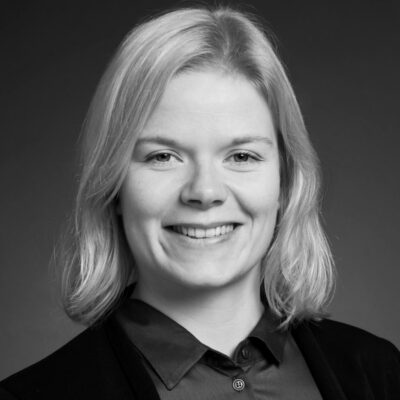 |
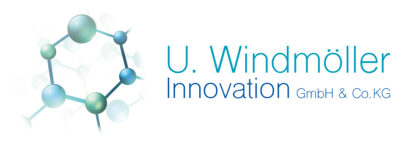 |
Dr. Jana Löwe team leader and laboratory manager at U. Windmöller Innovation and works on chemical and biocatalytic modifications of vegetable oils.
Windmöller Innovation, a young company driving the refinement of vegetable oils through innovative research. Founded in 2018 by Ulrich Windmöller, the startup forges customized oil-based polyols and other products in a state-of-the-art laboratory that have the potential to replace conventional petroleum-derived polyols in applications such as polyurethanes.
Dr. Sarah Schulz & René Hanke - KOALA network and QuinCAT Incubator
Startups in Green Chemistry – translating research of today to products for tomorrow
Speaker: Dr. Sarah Schulz & René Hanke
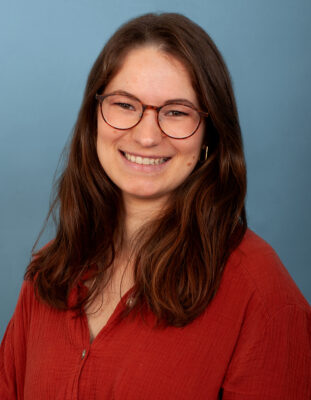 |
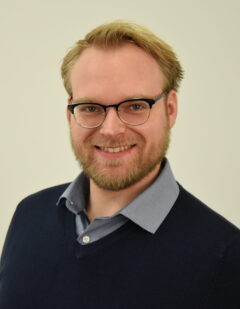 |
 |
Dr. Sarah Schulz is project coordinator of the startup network KOALA at the Max Planck Institute for chemical energy conversion. She also supports the start up incubator QuinCat.
René Hanke is head of the QuinCAT incubator for sustainable chemistry at the RWTH Aachen University.
The QuinCAT incubator and the KOALA network are two synergistic projects. The QuinCAT incubator is a project which aims to enable Green Chemistry startup teams to pursue the transfer of their sustainable chemical processes from research to the market. Within the project free access is provided to modern laboratory and office space, technical mentoring, and chemical equipment in Aachen. The vibrant startup network KOALA connects the startup teams with co-founders, investors, and experts in the industry to further support successful business start-up. They offer free mentorship, training, and events for co-founder matching and networking for startups.
Dr. Stefan Verseck - BluCon Biotech GmbH
Lactic Acid from Straw for PLA applications – Plastic from Nature for Nature®
Speaker: Dr. Stefan Verseck
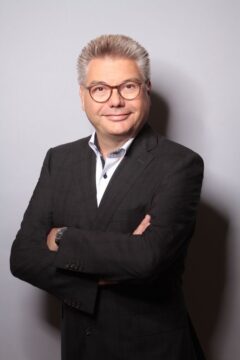 |
 |
Dr. Stefan Verseck is COO at BluCon Biotech GmbH. Stefan Verseck is biologist by education and looks back to over 22 years’ experience in industrial biotechnology. Before joining BluCon as COO in 2022, he worked for chemical companies such as Evonik, BASF or Clariant in various positions. Current focus is on scale-up the BluCon technology and the transfer to Demo scale.
BluCon Biotech GmbH is developing a worldwide new process for the economic and sustainable production of L-lactic acid from agricultural or forestry residues. All currently applied processes are based either on the use of sugar, or on enzymatic hydrolysates of starch-containing substrates. In order to bring an industrial fermentation process to market, it is essential to demonstrate that the entire process is transferable to larger-scale facilities. BluCon could show that its technology is scalable and polymerizable lactic acid of high purity was produced based on wheat straw in significant quantities for the first time worldwide.
Christin Wittmann - Bio4MatPro
The Bio4Mat Pro Competence Center
Speaker: Christin Wittmann
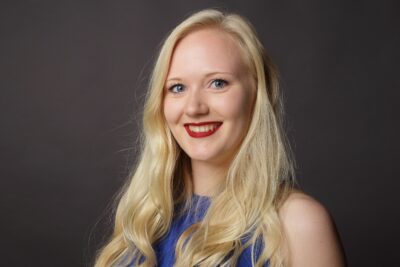 |
 |
Christin Wittmann is executive Manager of the Competence Center Bio4MatPro. Bio4MatPro is a flagship project in the research network “Modellregion Bioökonomie im Rheinischen Revier”. It unites 50 partners from industry and science in 23 R&D projects to investigate and advance the biological transformation of industries, such as the textile, chemical, medical technology, and consumer goods industries, as well as in the field of lightweight construction, through a biological transformation of material sciences and production technology.
Tobias Wingbermühle - Clustermarket
Can digital transformation drive sustainability in the lab environment? How can we use existing resources more efficiently?
Speaker: Tobias Wingbermühle
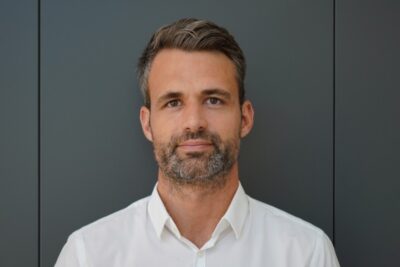 |
Tobias Wingbermühle is the Chief Commercial Officer and Co-founder of Clustermarket, the leading equipment scheduling and management software. He has over 9 years of sales and marketing experience in the scientific sector and has started two businesses.

A glimpse into the future with augmented reality
The BioökonomieMOBIL tiny house provides an insight into innovative approaches that have emerged from research on a sustainable bioeconomy. Augmented reality models and hands-on exhibits demonstrate how the bioeconomy can contribute to a net-zero economy of the future.
The exhibit is part of the BioökonomieREVIER transformation initiative for a model region for sustainable bioeconomy in the Rhenish mining region initiated by Forschungszentrum Jülich.
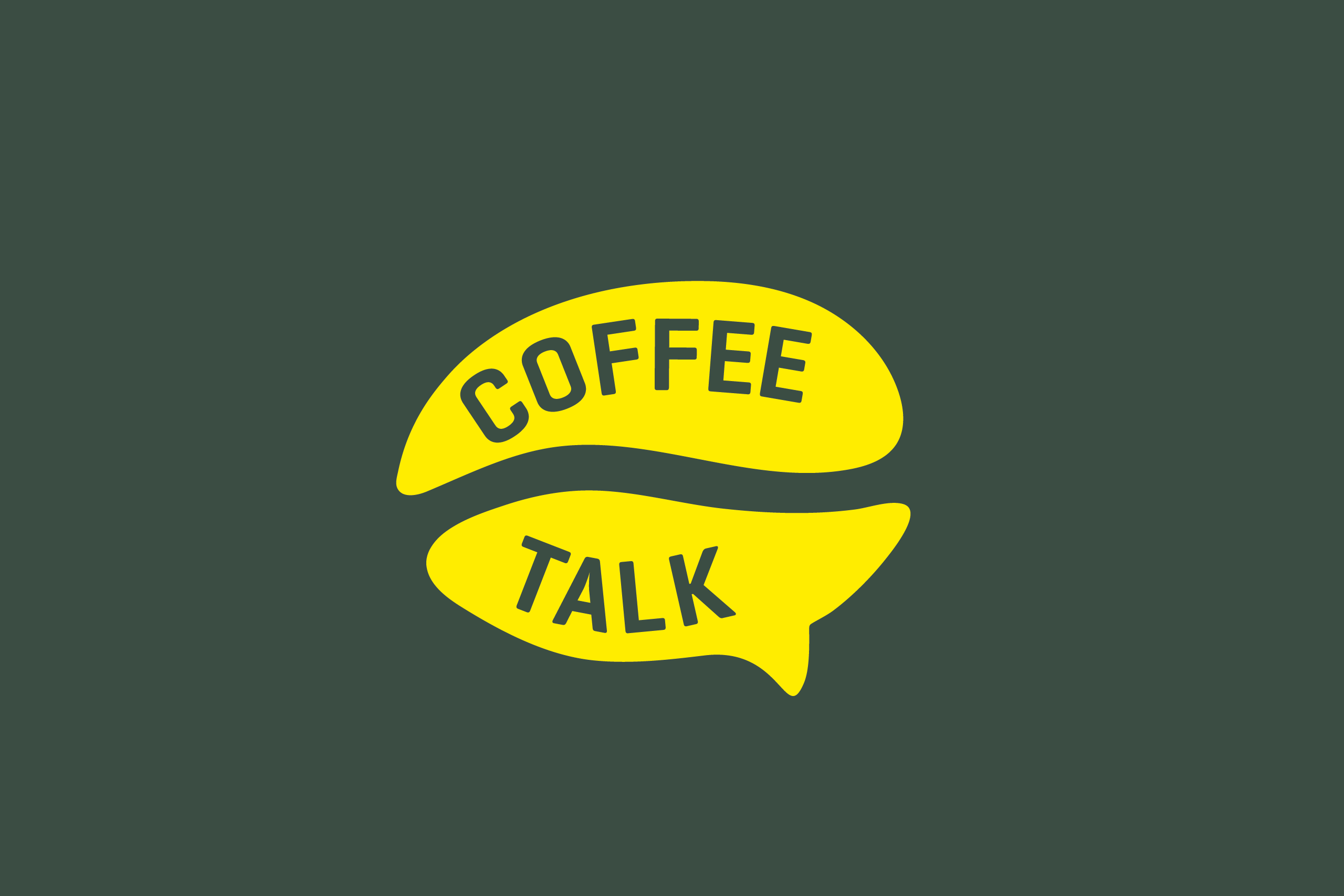
Networking and coffee at the BIO.NRW stand
You are warmly invited to come to our stand for a cup of coffee and to take the opportunity of exchanging ideas with other visitors.
Meet at these event and find new business partners or latest technologies. The Enterprise Europe Network of North Rhine-Westphalia will organise an international cooperation event during the exhibition days.
For more information https://gms2023.b2match.io/.
